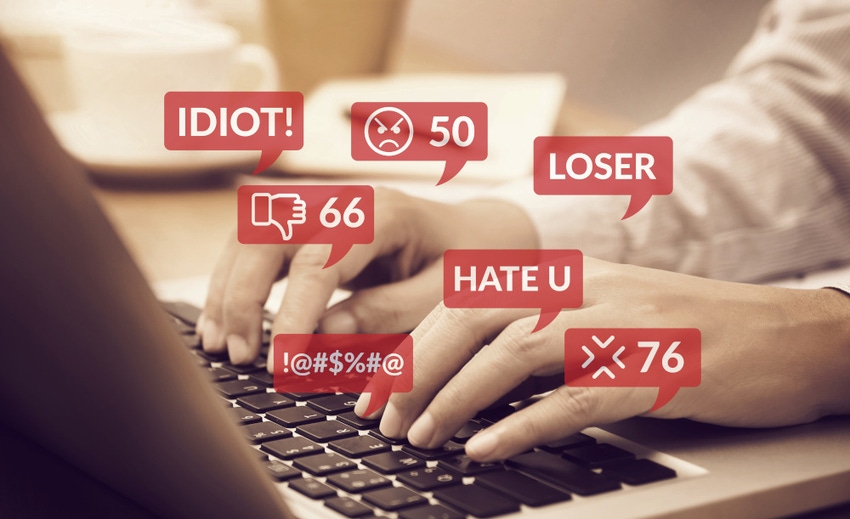The responsibility for policing the internet has once more come to the fore as network security provider Cloudflare felt compelled to block Kiwi Farms for allowing targeted threats.
September 5, 2022

The responsibility for policing the internet has once more come to the fore as network security provider Cloudflare felt compelled to block Kiwi Farms for allowing targeted threats.
Due to the move we can’t access Kiwi Farms to see how it describes itself but it seems to operate largely as an online community. This profile suggests online harassment is a core theme of the community but, sadly, Kiwi Farms is far from unique in that respect. While Cloudflare is not the hosting provider for Kiwi Farms, it does provide security services such as the prevention of DDoS attacks.
In a blog post Co-founder & CEO of Cloudflare, Matthew Prince, revealed how he and the company agonised over the decision to act against Kiwi Farms. “This is an extraordinary decision for us to make and, given Cloudflare’s role as an Internet infrastructure provider, a dangerous one that we are not comfortable with,” he wrote.
“However, the rhetoric on the Kiwifarms site and specific, targeted threats have escalated over the last 48 hours to the point that we believe there is an unprecedented emergency and immediate threat to human life unlike we have previously seen from Kiwifarms or any other customer before.”
This ‘emergency’ threshold is what moved Cloudflare to act, despite having been aware of ‘revolting content’ emanating from the site previously. There has also been a pressure campaign running for a couple of weeks, but Cloudflare claims it hasn’t taken this action as a direct result of it. Indirectly, however, the campaign seems to have been the object of the targeted threats from Kiwi Farms that crossed into this emergency category, including perceived ‘imminent threats to human life’.
It is generally assumed that specific threats of physical violence are against most country’s laws. But law enforcement operations generally lack the specialist skills and resources required to deal with this sort of thing in timely fashion, so it often falls to those platforms and services that enable it to take place online to pre-empt the legal process and, effectively, take the law into their own hands.
“For an infrastructure provider like Cloudflare, legal process is still the correct way to deal with revolting and potentially illegal content online,” wrote Prince. “But we need a mechanism when there is an emergency threat to human life for infrastructure providers to work expediently with legal authorities in order to ensure the decisions we make are grounded in due process. Unfortunately, that mechanism does not exist and so we are making this uncomfortable emergency decision alone.”
This was an unusually balanced and nuanced take on the matter of online censorship. It’s almost impossible to judge where precisely where to draw the line on contentious content. There will always be calls from people and groups to censor things they don’t like but, in the absence of robust and timely legal due process, even social media giants with their algorithms and armies of moderators struggle to strike the right balance.
So what chance do specialist service providers like Cloudflare have? Prince is clearly concerned about the precedent set by this move and it’s easy to imagine his company being the target of further pressure campaigns as a direct result of it. On the other hand the line has to be drawn somewhere and overt illegality seems the obvious place to start.
Having said that, in the endless expanse of the internet there doubtless remain other communities and platforms that host potentially illegal (and certainly perceived ‘harmful’ and ‘hateful’) content. Is it now the job of Cloudflare and others to pre-empt legal due process and act as online judge, jury and (metaphorical) executioner? The small selection of tweets below gives some sense of the public discussion around a matter that increasingly becoming central to the global digital economy.
Get the latest news straight to your inbox. Register for the Telecoms.com newsletter here.
About the Author(s)
You May Also Like








.png?width=300&auto=webp&quality=80&disable=upscale)


_1.jpg?width=300&auto=webp&quality=80&disable=upscale)


.png?width=800&auto=webp&quality=80&disable=upscale)